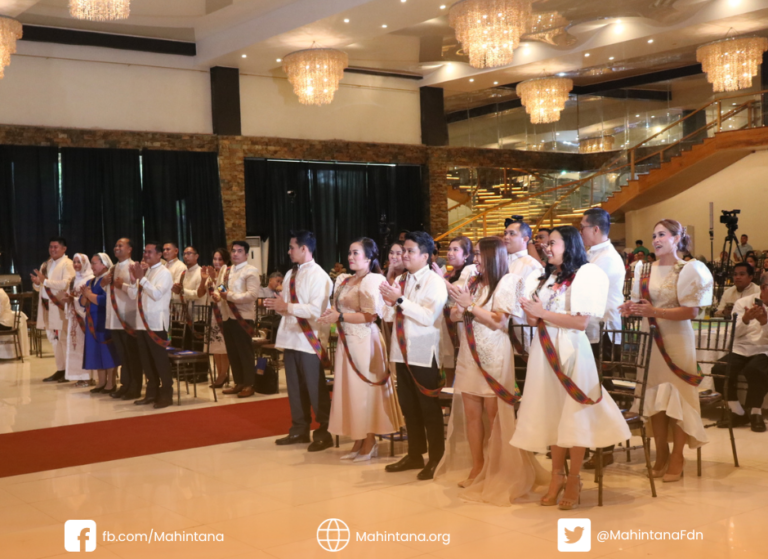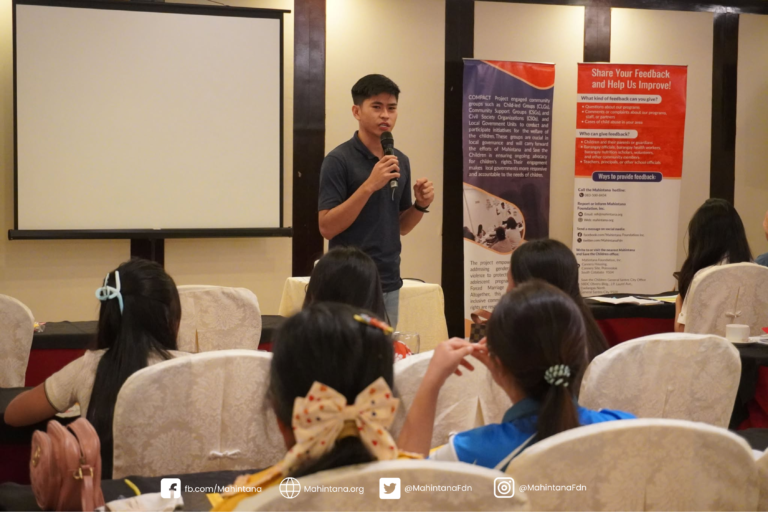A total of 70 farmers attended the training on vermicomposting facilitated by Mahintana Foundation, Inc. (MFI) last December 22, 2009 held at Barangay Hall of Simbo, in the municipality of Tupi, South Cotabato.
Mendaton Salipoden, Sarodin Kakim, and Abdawi Lepga – all vermicomposting practitioners of nearby barangays of Sumbakil and Koronadal Proper, served as resource persons during the said training.
The training is under MFI’s Lutheran World Relief (LWR) supported project, which promotes vermicompost as alternative fertilizer to help farmers reduce production cost of their agricultural crops.Training participants help in the preparation of “vermi bed” during their practicum.
Production cost in agriculture-related enterprises has dramatically increased in the past years due to the continued price increases of commercial fertilizers. The annual average price of commonly used Urea (45-0-0) has reached as high as P1,524.75.00 per bag (50 kls) last year, according to the Department of Agriculture’s Bureau of Agricultural Statistics.
“The vermicomposting training is a big help to our vegetable and rice producers, since we will no longer depend on expensive commercial fertilizers,” said Simbo Barangay Councilor Gilda Mina, one of the participants of the said training.
Vermicomposting is the process of producing vermicompost utilizing earthworms, like African Nightcrawler (Eudrilus eugeniae), biodegradable materials such as vegetable or food wastes, farm wastes, animal manure or bedding materials made of green and brown substrates.
Producing vermicompost is not difficult and costly for farmers as the said raw materials, except African Nightcrawler (ANC) worms, are readily available in most farms. However, ANC are now available in some barangays (like Sumbakil, Koronadal Proper, and Sulit in Polomolok) at P350/kilo, since many farmers have already engaged in vermicomposting for over a year now.
Banana bracks are added to provide place for earthworm’s eggs and young to thrive in the vermi bed . . .
Vermicast, also known as worm castings, worm humus or worm manure, is the end-product of the breakdown of organic matter by the earthworm. Containing water-soluble nutrients and bacteria, vermicompost is an excellent, nutrient-rich organic fertilizer and soil conditioner.
. . and finally, the African Nightcrawler worms, which will hasten the decomposition process.
Using vermicast in the production of agricultural products is not only beneficial to plants, but also to the environment, because it is organic and does not contain harmful chemicals.




